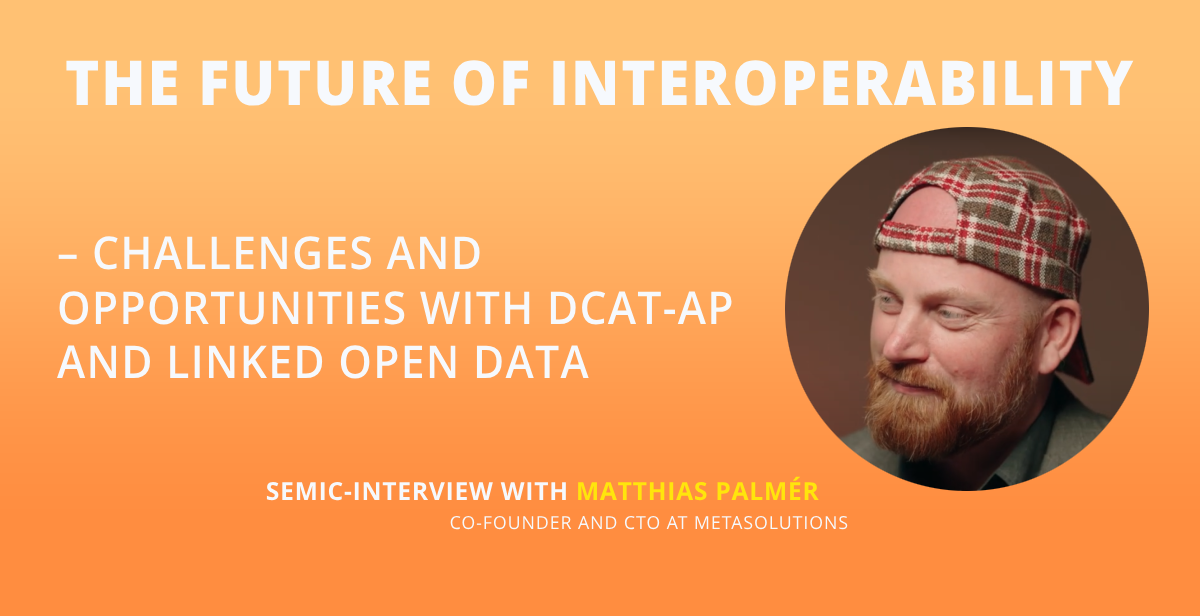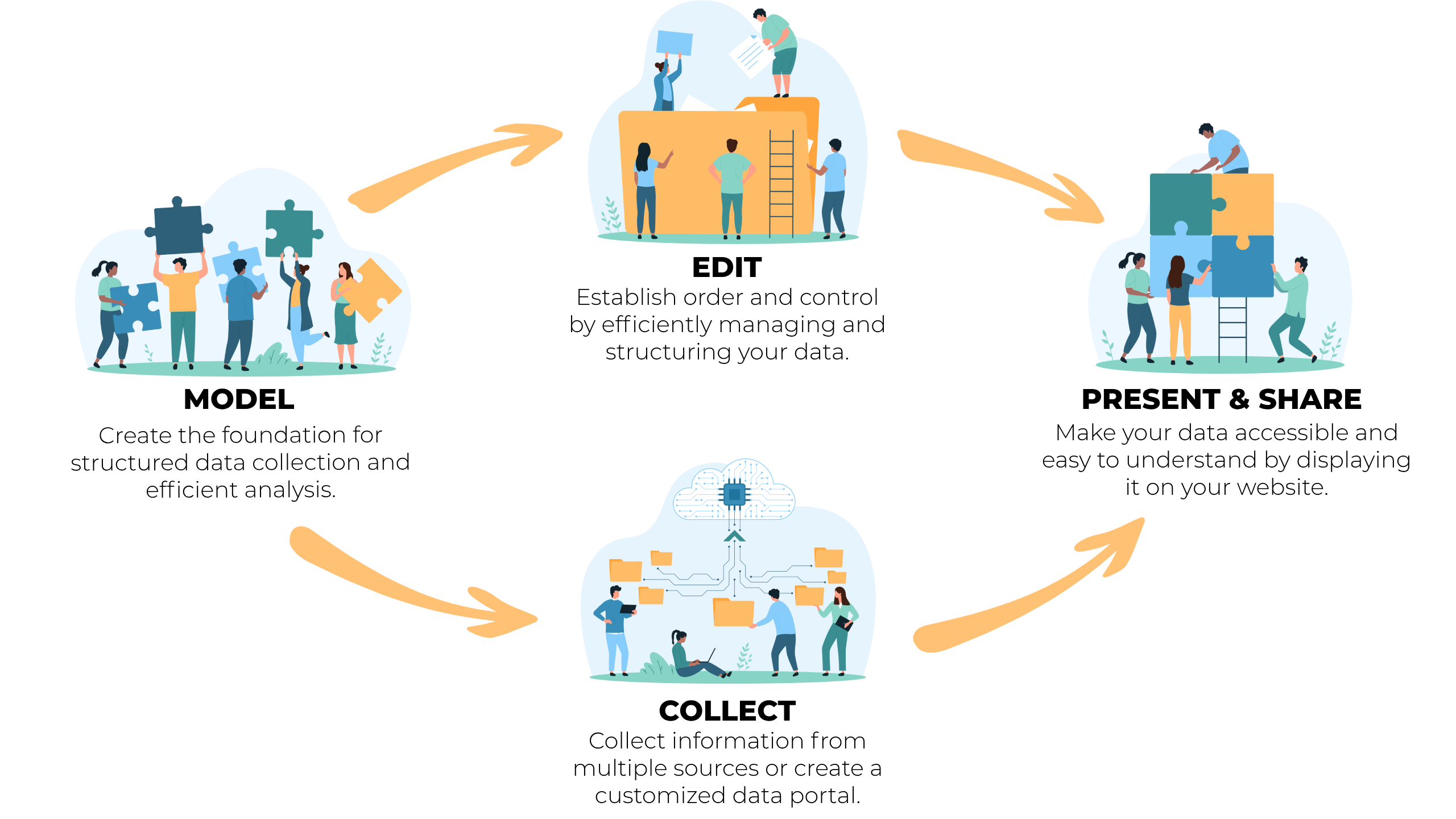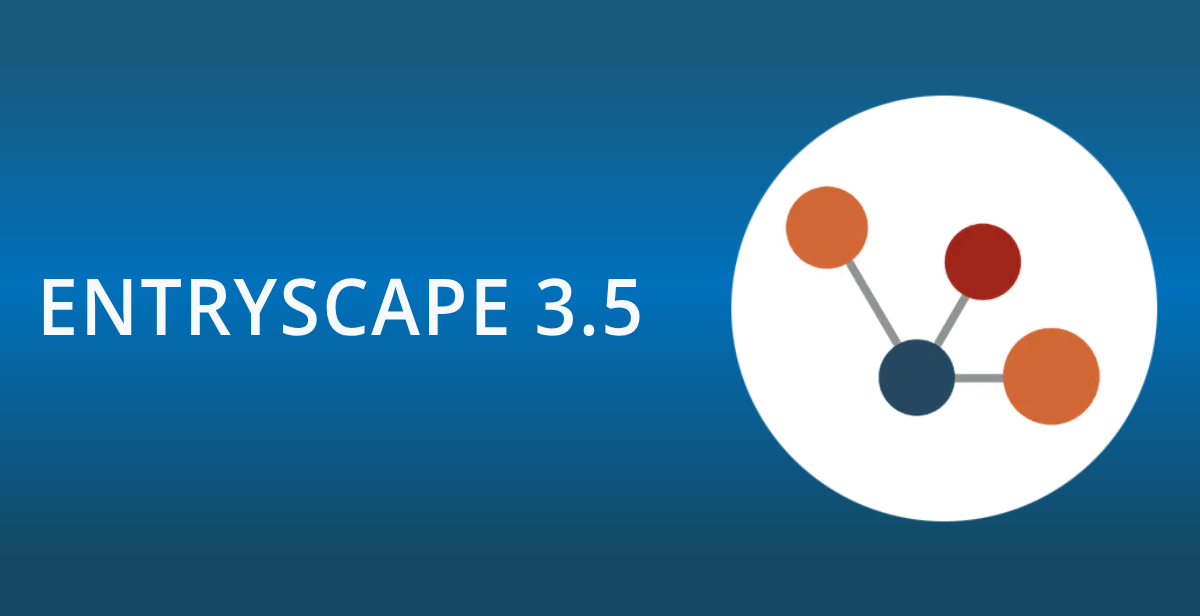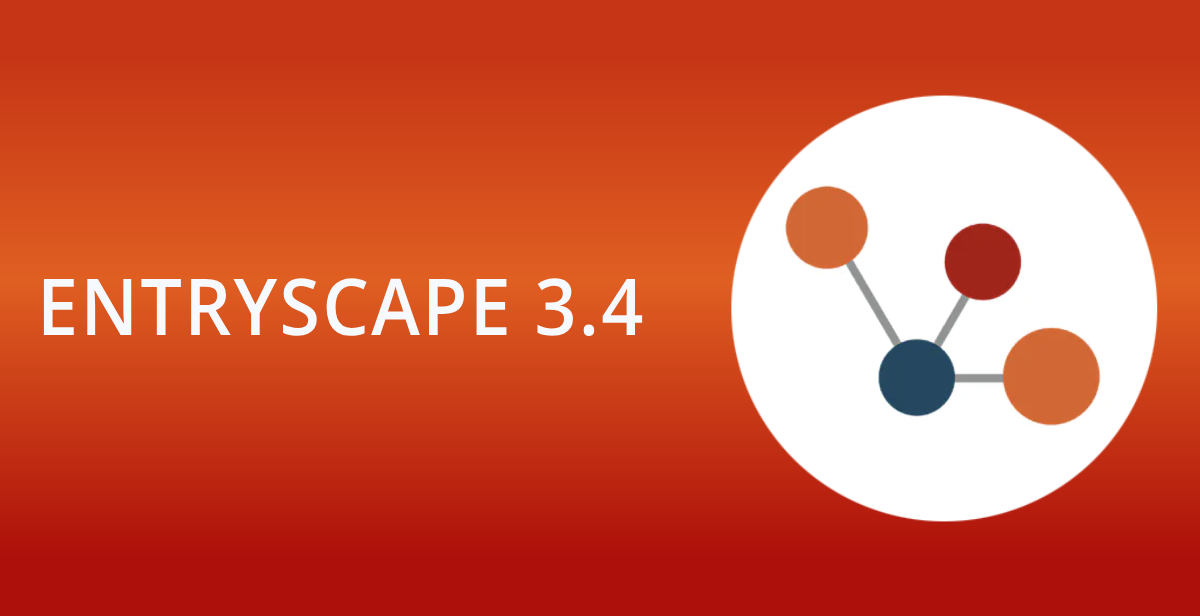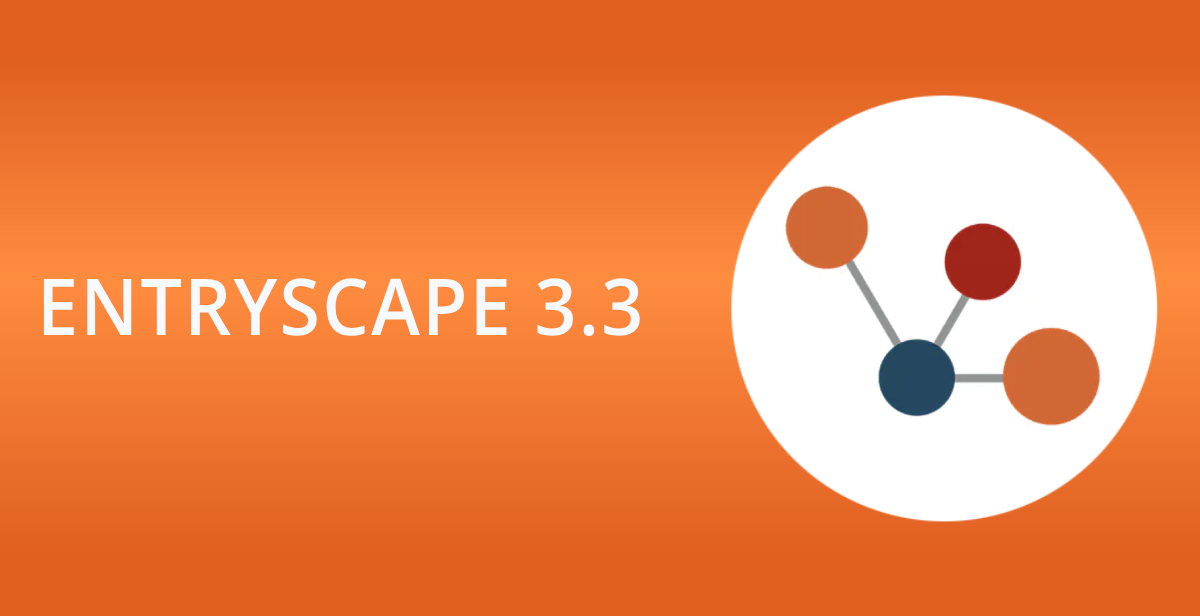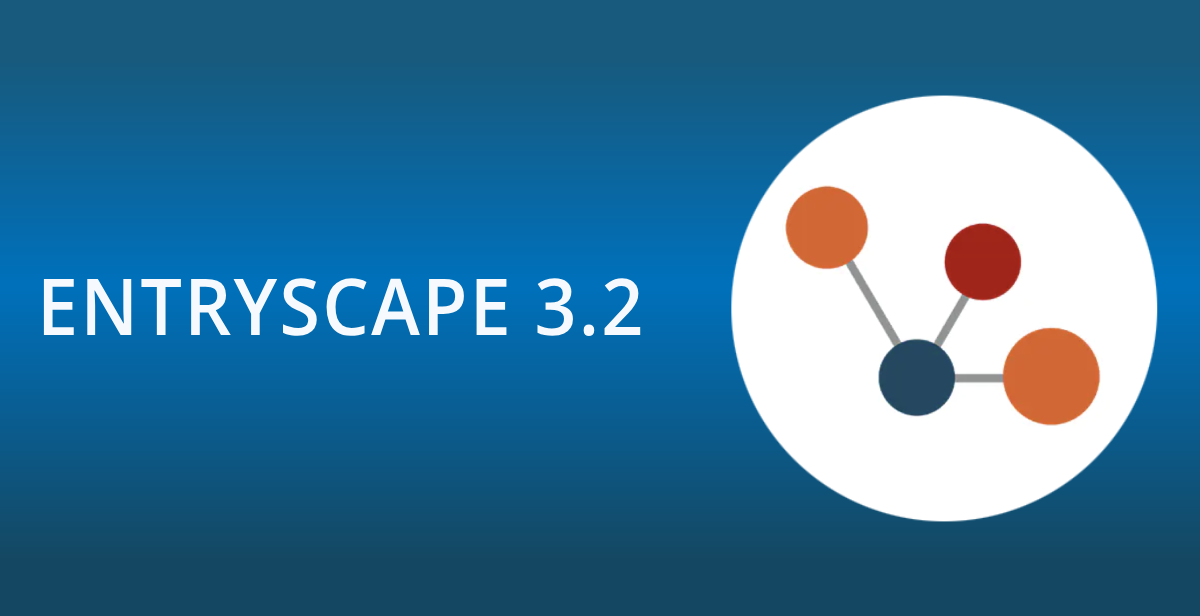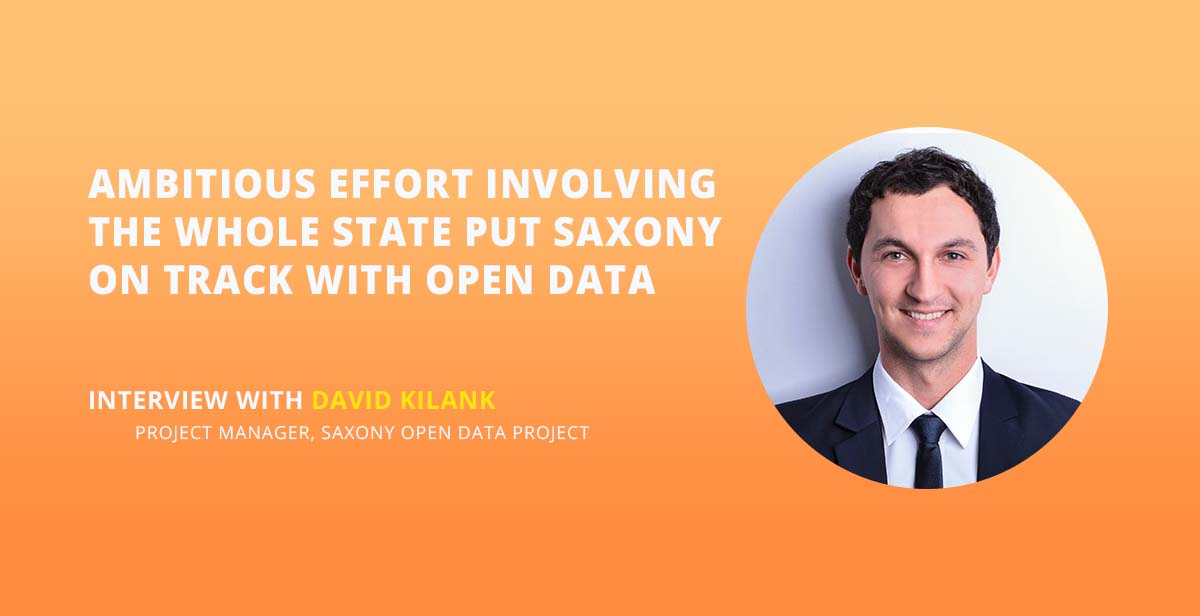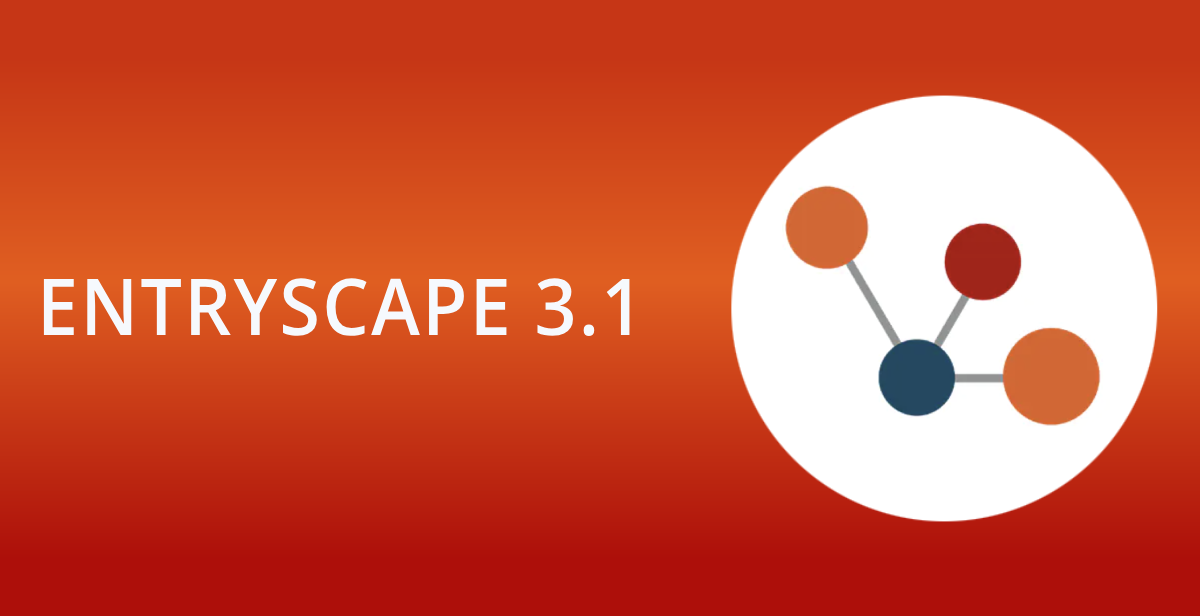In an era where data interoperability is essential for cross-border collaboration, our Linked Open Data expert Matthias Palmér shares his insights on the future of data exchange. At the SEMIC conference, he discusses how the DCAT-AP standard can help facilitate the flow of information between organizations across Europe. What does it take to get started? And what challenges need to be overcome to improve semantic data exchange? Matthias addresses these questions and offers advice to organizations implementing DCAT-AP.
Data interoperability is a key factor in ensuring smooth data sharing between organizations and across borders. But achieving this requires both shared standards and guidance for implementation. During this year’s SEMIC conference, Matthias Palmér, CTO at MetaSolutions and an expert in Linked Open Data, discussed the main challenges of DCAT-AP—the standard for describing and sharing data between organizations.
Share This Story, Choose Your Platform!
Matthias highlighted the importance of reusing established vocabularies and applying application profiles to ensure consistency. He also emphasized the need for practical solutions, such as standardizing license terms and contact points, to build stable and interoperable systems. At the same time, he points out that specific application profiles allow countries and sectors to adapt the standard to local needs without compromising interoperability.
In the interview, Matthias also emphasized the value of a centralized catalog service to connect specifications at national and international levels. With such a service, organizations could more easily exchange data and semantic models—and build on common European metadata specifications.
Watch the Youtube video to hear more about Matthias Palmér’s valuable insights on how we can work together to create a more connected data landscape in Europe.

